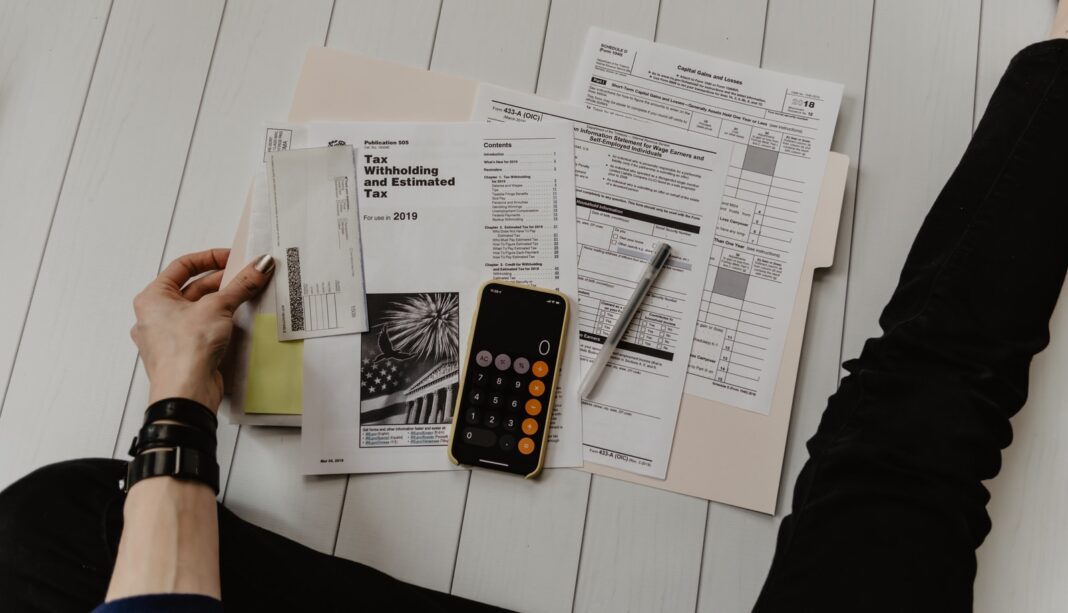Financially conservative: Americans carry a staggering amount of debt. Based on the Federal Reserve, the average American household is in debt for $137,916 of debt and charges. If you’re in one of the households that are in debt and you’re aware of the importance of having to make changes to your habits of spending in order to be free of all this debt. But where do you start? There are 4 areas in which you can begin changing your habits of spending to be more cautious in order to limit your spending in debt and take control of you financial goals.
Avoid getting further into debt
If you’re currently in debt then you’re aware of the extent to which it weighs on your mind each day. There’s no better day than now to set a goal to get debt-free as fast as you can. After you’ve made the commitment, you’ll have to alter your habits of spending to be more prudent so that you don’t pile to your debt, making it more difficult to free yourself from your credit card or loan.
In the next step, you’ll have to create a strategy for the method you’ll use to eliminate the outstanding debt. Understanding about how you can consolidate debt from credit cards will assist you in creating a practical plan for efficiently paying off the old debt. But, you’ll never be successful in the event that you aren’t able to cut back on spending. Make sure the financial benefits are worth the effort and pledge to never spend any more than the amount you earn now.
Make sure you have as solid an emergency fund as you possibly can.
A very crucial actions on your financial journey is to establish the emergency funds. Most people aren’t aware of how crucial it is to have one, but it’s actually more essential than you believe. A fund for emergencies will provide you with funds that are needed to cover unexpected situations, such as losing your job or having to pay medical expenses. The amount you need for emergency funds is contingent on your level of comfort However, it’s always recommended to save more than you think you will need.
Set a goal of having at least $1,000 in your emergency savings. In the future, you should aim for anywhere between three and six months, or even a full year’s worth bills to be set aside. When you’ve got more than a year’s worth, you should consider diversifying your savings into different savings options that are relatively accessible, but yield more interest as they age such as retirement accounts and CDs.
Do not make it simple to buy on impulse
“Instant buying” is the term used to describe purchases that were not planned. In general, impulse purchases are made in the event of an unanticipated sale or shopping therapy (shopping to make us feel better in the midst of a downer). Sometimes, these impulse purchases aren’t dangerous but they can lead to a downward spiral where the spending goes out of control because of an inability to control your spending.
To prevent developing a habit of buying impulse items in the future, you’ll have to make it harder to make purchases rapidly. Get rid of your stored payment methods on online stores, log out of your accounts and store all credit and debit cards into a container that is kept in a room that you don’t frequent. Installing these barriers to stop you from making purchasing impulse purchases will get you out of the situation in which you’re in the habit of overspending, and will give you time to think about whether the purchase you’re planning to make is something you actually require or would like to purchase.
Keep your day job
The thought of quitting your job may sound appealing however, it’s quite risky. If you’re not able to have several sources of income in place prior to making the decision to quit your job, you’ll soon end up in a stressful economic circumstance. If you’re looking for an opportunity to work in a different field or are considering starting your own company, you should stay with your current job. While you’re at it look for new opportunities that will earn you enough funds to supplement the income you earn now so you can transition out of your current position quickly without worrying about what you’ll do to make ends meet.
Bottom line
Be careful when it comes to your finances can allow you to maintain your financial independence Save for retirement, build up savings and increase the credit rating of your. If you’re in need of assistance, you can use these four areas to put your focus towards becoming financially stable and debt-free forever.








